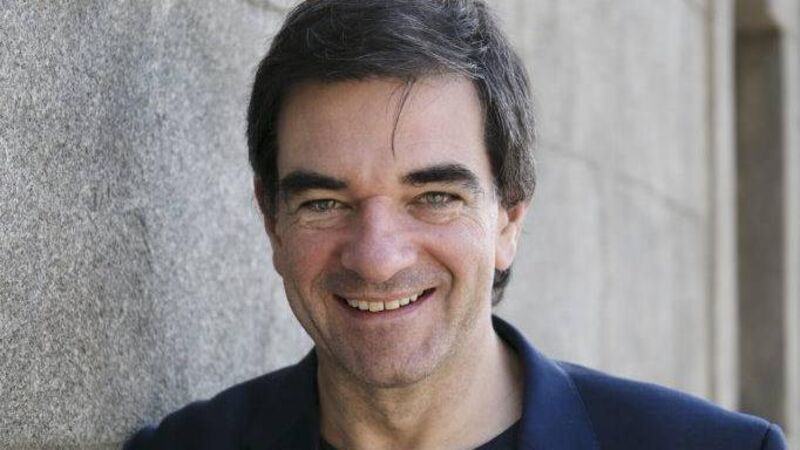Culture That Made Me: Fiachna Ó Braonáin on Dylan, Prince and Brideshead

Fiachna Ó Braonáin, broadcaster and musician. Picture: Kasia Kaminska
Fiachna Ó Braonáin, 56, grew up in Blackrock, Dublin. In 1985, he co-founded Hothouse Flowers with his friend Liam Ó Maonlaí. As well as playing guitar, Ó Braonáin works on solo projects, acts – he recently joined the cast of TG4 drama Ros na Rún – and produces documentaries. He also presents Late Date on weekends on RTÉ Radio 1




